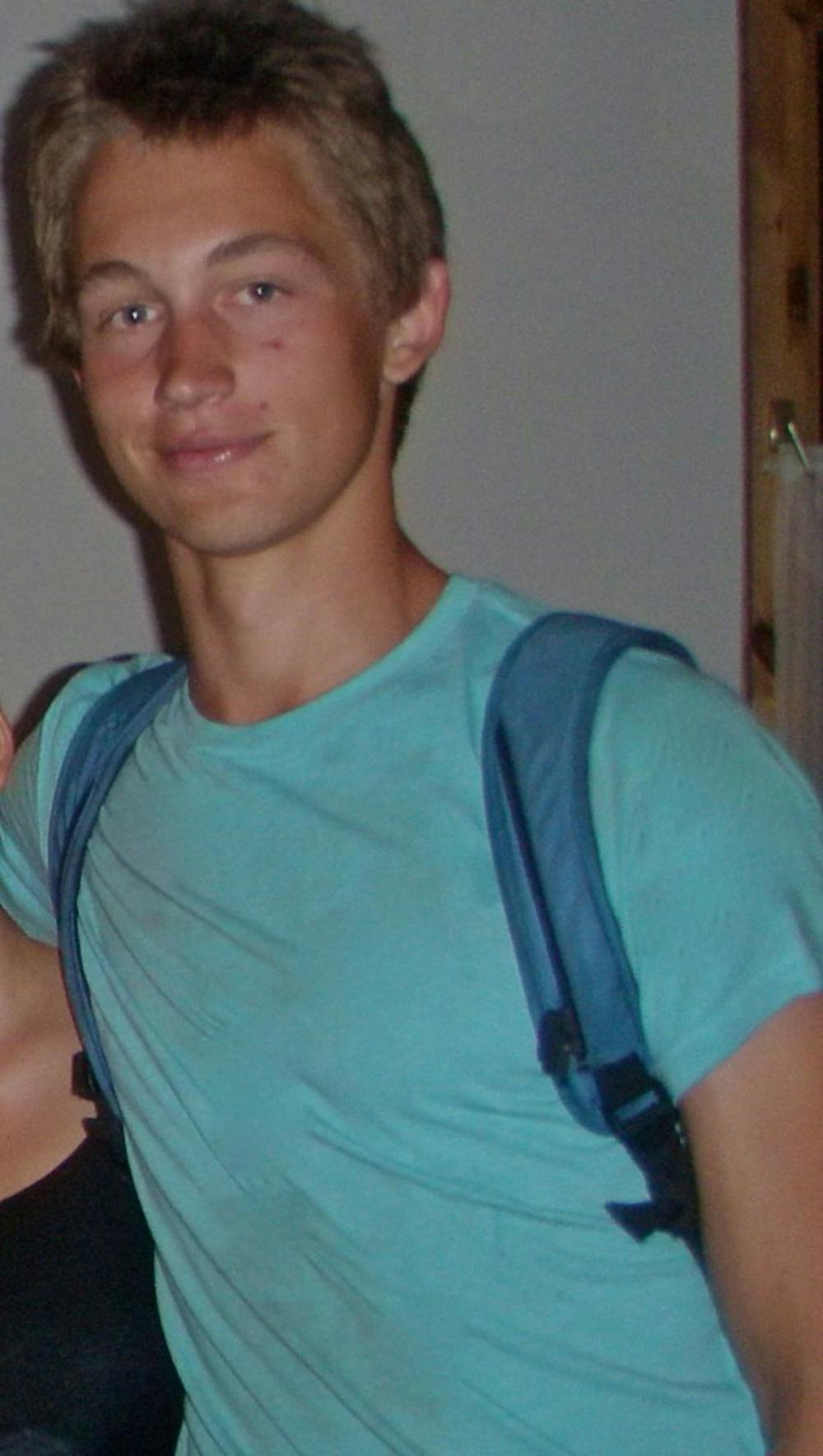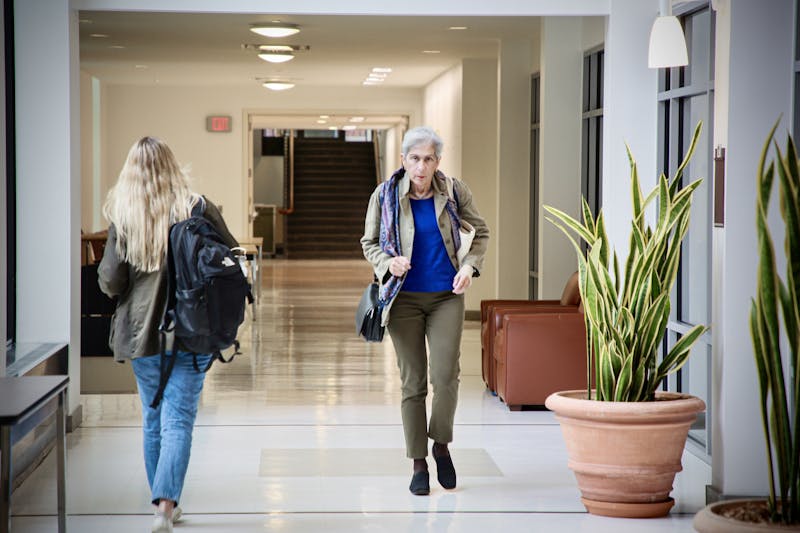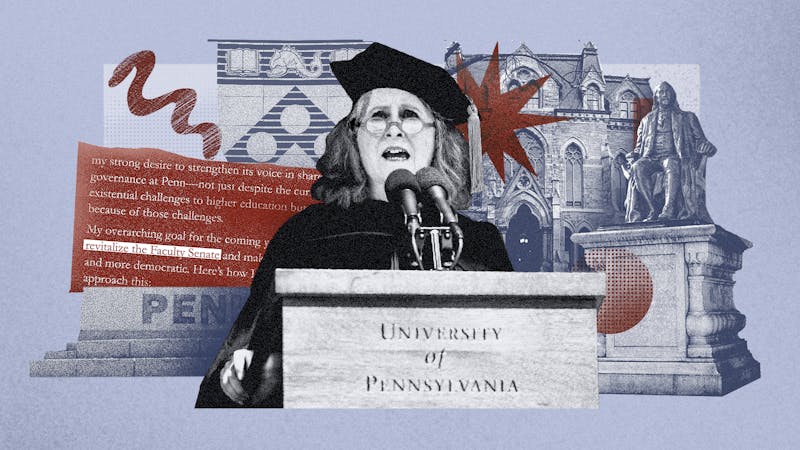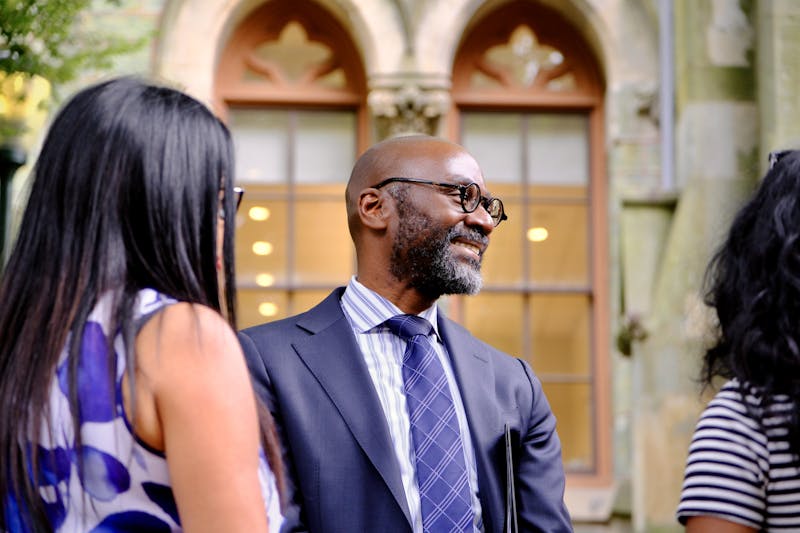
For Johannes Ferstad, a few thousand miles and dollars are currently separating him from joining Penn’s Class of 2015.
Ferstad, who lives in Oslo, Norway, learned on March 30 that he had been accepted regular decision to Penn. While distance from home is not of particular concern to Ferstad, he is worried about tuition.
Though Ferstad said his family “definitely needs some help paying for college,” he did not apply for financial aid at Penn because of the school’s lack of a need-blind aid policy for international students.
Ferstad is part of a majority of international applicants who decline to fill out a financial aid application in order to maximize their probability of acceptance, Dean of Admissions Eric Furda said.
For Furda, Penn’s lack of a need-blind policy for those who are not citizens or permanent residents of the United States, Canada or Mexico is mainly due to a “lack in depth of institutional resources.”
“For internationals who apply for aid, the competition is just in a different realm compared to those who don’t,” Furda said.
In recent years, an average of 45 aid packages have been awarded to admitted freshmen who are international students, Director of Student Financial Aid Bill Schilling said. There are about 425 international students in the newly admitted Class of 2015.
This year, Ferstad applied to 20 schools overall — 19 in the U.S. and one in Norway. Ferstad has spent time as an exchange student in California and New York, so he does not think getting adjusted to life in the U.S. will be difficult.
“America is a lot more diverse than Norway, and everything is a lot bigger than back at home,” said Ferstad, who took some time off after graduating from high school last year to work at a camp for displaced children in Hungary. “I’ve heard that college is one of the best experiences of your life, and I want to get that experience overseas.”
Ferstad is currently considering offers from Penn, as well as Columbia and Wesleyan universities. If he chooses to attend Penn, he would study in the School of Engineering and Applied Science.
Like his approach to Penn, Ferstad did not apply for financial aid at Columbia because the school is not need-blind for international students.
Just four Ivy League institutions — Harvard, Princeton and Yale universities, as well as Dartmouth College — have full need-blind and full-need aid policies for international applicants.
Ferstad said he would receive about $22,000 a year to attend Wesleyan, but is leaning toward Penn or Columbia “because of the superior academic quality.” He added that the Norwegian government will provide him with “more loans and grants if I go to an Ivy League school as opposed to a small, liberal arts school like Wesleyan.”
Still, however, Ferstad said paying for an Ivy League education will be challenging.
“I think all the Ivies should have need-blind policies,” he said. “It would make sense for a truly global university to consider all applicants in the same way.”
For director of Student Financial Aid Bill Schilling, though, Ferstad’s wish is “just not a feasible reality right now.” Out of the University’s $161 million financial aid budget for the 2011-12 academic year, about $6 million will go toward aiding international students across all four years of undergraduate study.
“There’s only so much money out there, and I think in Penn’s case the expression ‘charity begins at home’ applies,” said 1976 College graduate Michael Goran, the founder of IvySelect College Consulting.
Furda agreed, adding that “I don’t think you can take the fact that we meet full need for our [domestic] freshmen and transfer students for granted.”
However, he admitted that Penn’s applicant pool may be a bit low on international students who come from a lower income bracket.
“If we could get up in front of audiences and say ‘we’re need blind for internationals,’ then I’m sure that we’d get more applications,” Furda said.
While money is never far from Ferstad’s mind, he is now focused on making a decision for next year.
“The choice [between Columbia, Penn and Wesleyan] is literally changing every day,” Ferstad said. “But I can sense that a decision is coming soon.”
The Daily Pennsylvanian is an independent, student-run newspaper. Please consider making a donation to support the coverage that shapes the University. Your generosity ensures a future of strong journalism at Penn.
DonatePlease note All comments are eligible for publication in The Daily Pennsylvanian.







